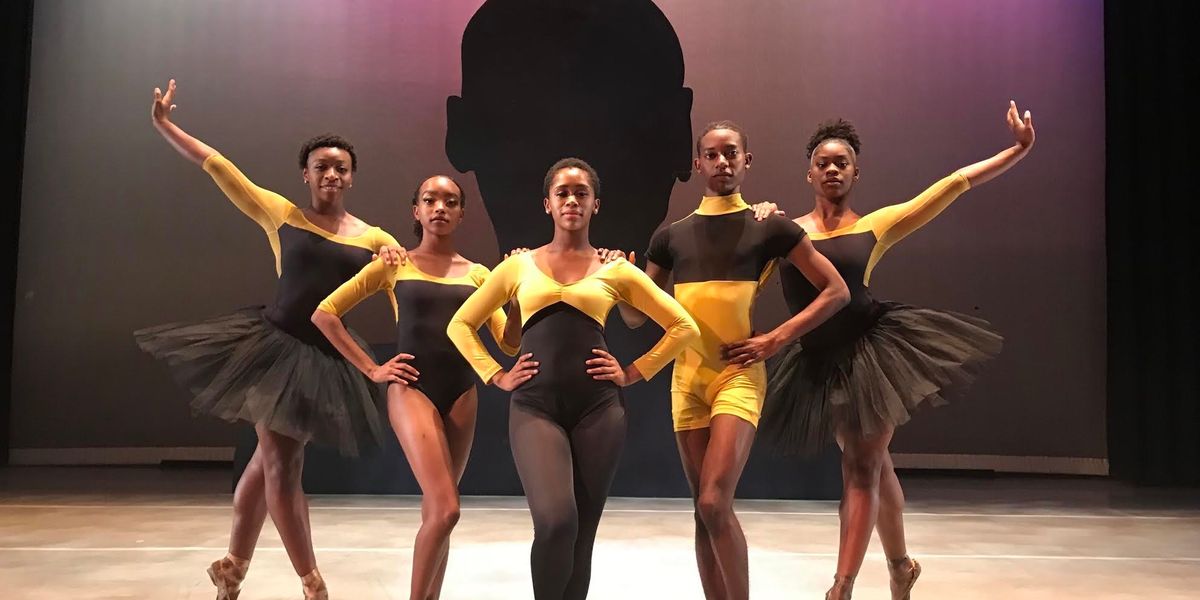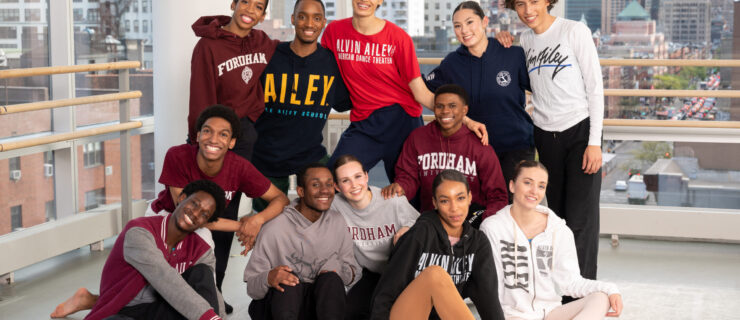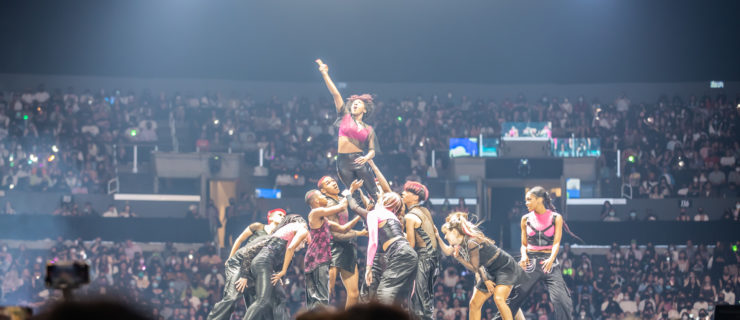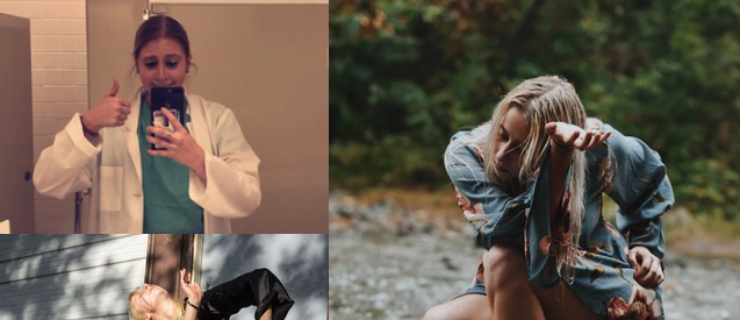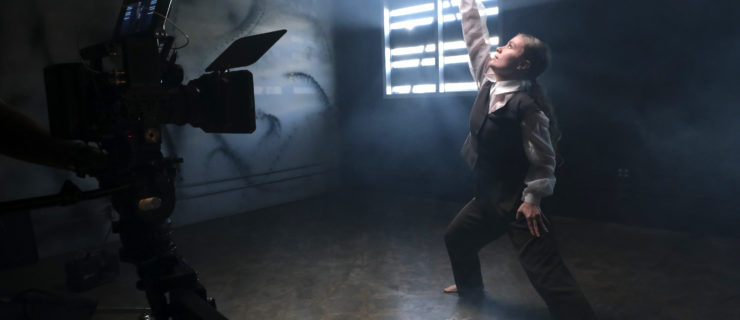Making Moves at HBCUs
Remember that time Beyoncé decided to slay our entire lives with a HERstory-making Coachella set? That epic performance—which we’re still trying to recreate in our bathroom mirrors—was inspired by the vibrant homecoming traditions at historically Black colleges and universities (HBCUs).
HBCUs give students a college experience that honors Black history and community. And they play a major role in developing emerging Black talent, especially in the dance world. We spoke with students and alumni from Alabama State University, Coppin State University, and Howard University about their experiences studying dance at HBCUs.
On Why They Chose to Attend HBCUs
Chelsea Pettiford (ASU ’20, BFA): I wanted the full experience of studying the arts where dancers looked like me. At the time, ASU was the only HBCU that offered a BFA degree in dance. I knew this school was made just for me.
Tamiea Anderson (HU ’20, BFA): The day before my audition, my mom stopped a graduating senior and asked her how she liked the program. She proceeded to give us an entire tour of the Fine Arts building, introducing me to professors and making me feel so welcomed. I chose Howard because it felt like family from the very first moment I stepped foot on campus. They went above and beyond to make sure that my first experience was memorable. They made sure that this program was going to be a good fit for me.
Jaylon Givan (ASU ’17, BFA): It was definitely a part of my destiny. Every event or school happening felt like a family reunion.
Tanasia Lane (HU ’22, BFA): During my junior year of high school, I realized that I wanted to further my education in a Black environment. As a dancer, I thought it was important to train under those who understand the world as Black dancers.
On Their Programs of Study
Ginelle Hardy
(CSU ’21, BFA): I have two types of days: general education days and dance days. Yoga in the morning, then classes, then rehearsals, and repeat. I eat and sleep when I can. I choreograph all the time, walking to classes, dancing on campus.
Janiah Faulker
(CSU ’23, BS): I take nine general education credits each semester and six credits of dance technique. I have an online dance theory class, and I am a member of the student dance company. I am in rehearsals and classes every day for 4–6 hours.
Quiantae Thomas (ASU ’18, BFA): At ASU, we got to choose between an African or hip-hop track. I was fortunate to have Kavin Grant as my African teacher. That class was my everything. It was the one class I was able to connect with my African ancestry.
JG: Taking African and dance history made me feel proud to be black and connected me to my ancestors. With every movement, sweat and tear, I could feel my spirit transcending beyond the walls of the room—talk about joy!
On How What They Learn Shapes Who They Are
TA: It is truly inspiring to be surrounded by so many young Black people who are so diversely talented, and who work hard every day to become better than they were yesterday. There were only two other students who started the dance program with me, and we had to fight through struggles together, uplift each other and hold each other accountable. That is the kind of love I receive from everyone in the program and on campus.
JG: Attending an HBCU gave me the confidence to see my self-worth. My community has proven to be nothing short of empowered and accomplished. Going to an HBCU gave me the opportunity to become my best self in every aspect and appreciate all of the greatness that happened before me.
QT
: I’ve learned that it is my duty as an artist to give back to my community. Especially in the arts, we need more people to be positive examples for college students.
Ariana Clapp (CSU ’22, BA): Dancers at HBCUs must make ourselves more visible so that when people think of dance at HBCUs, their first or only connotation will not be majorette dancers and dance teams. Once this happens, we will see more dance programs and dance majors at HBCUs.
TL
: There is a place for everyone here. Everybody is celebrated. You no longer feel out of place in a world that can dehumanize you. HBCUs provide acceptance. We laugh, cry, work hard, push each other, discover new things—and we do it together.
